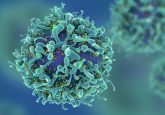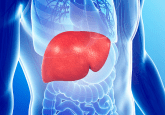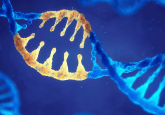Plain language summary: the potential role of afatinib in treating people with NRG1 gene fusion-positive cancer

What is this summary about?
This plain language summary reports the findings of a case series, a study which evaluated a small number of people who had a certain type of cancer. This case series looked at how well a drug called afatinib worked in people who have a rare type of cancer called neuregulin-1 (also called NRG1) gene fusion-positive cancer. Six people with NRG1 gene fusion-positive cancer were treated with afatinib, including five with lung cancer and one with gastrointestinal cancer. After treatment, people were monitored regularly to see if their tumors had grown (known as tumor progression).
What were the results?
After being treated with afatinib for up to 16 months, two people had stable disease (meaning their cancer did not get worse or improve). Three people had a partial response (meaning they showed a decrease in the size of their tumor) for over 18 months. One person had a partial response after being treated with afatinib for 11 months.
What do the results mean?
Afatinib showed encouraging results which suggest it may be a potential treatment for NRG1 fusion-driven cancers, as it delayed tumor progression and decreased tumor size for some people with NRG1 gene fusion-positive tumors. These case reports warrant the conduct of a clinical trial including a larger number of people to definitively confirm how well afatinib works in treating people with NRG1 gene fusion-positive cancers.





